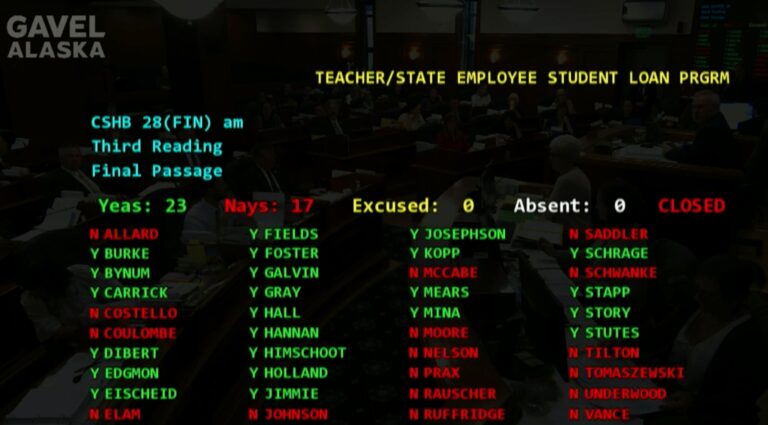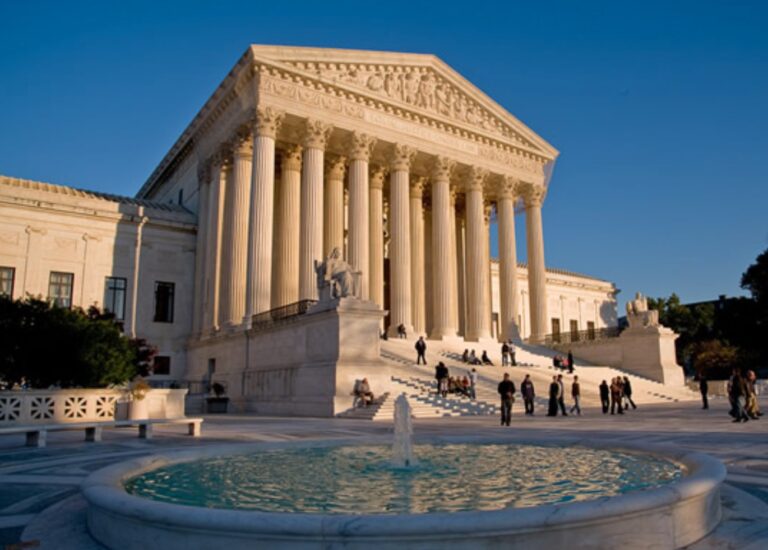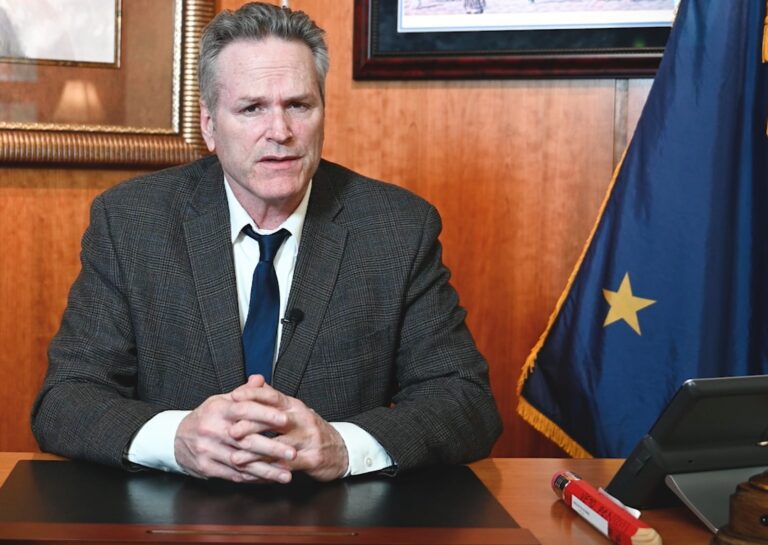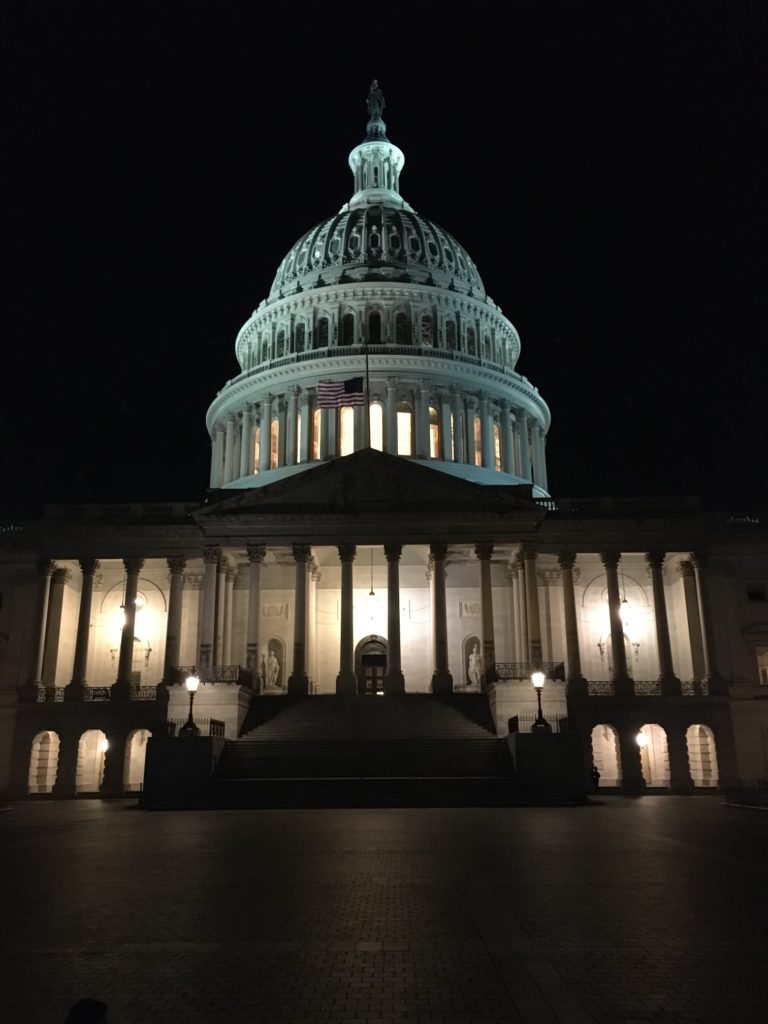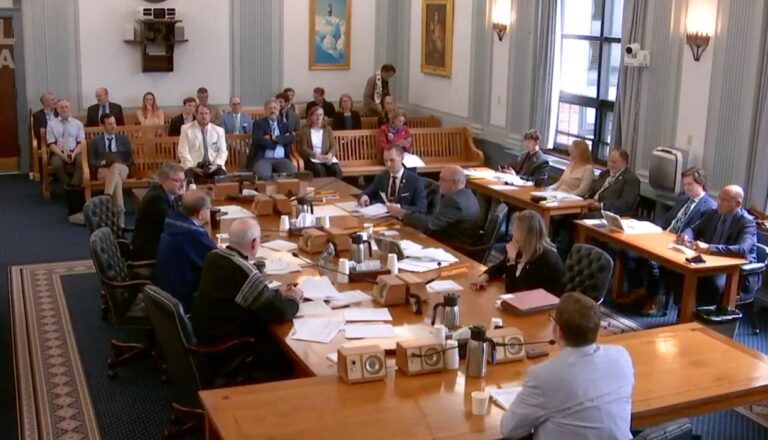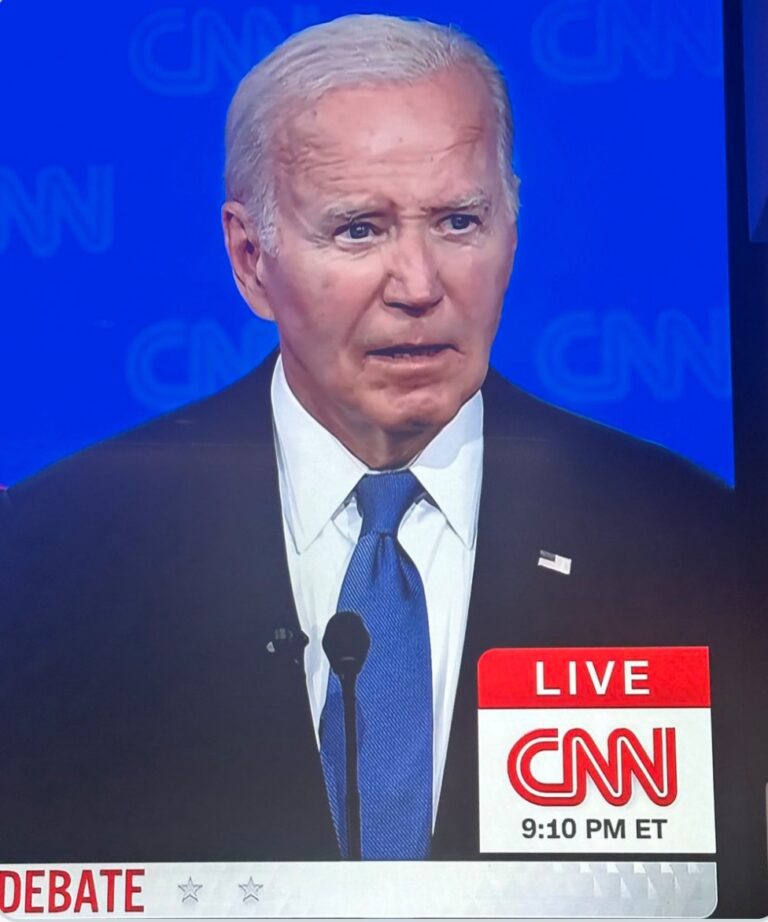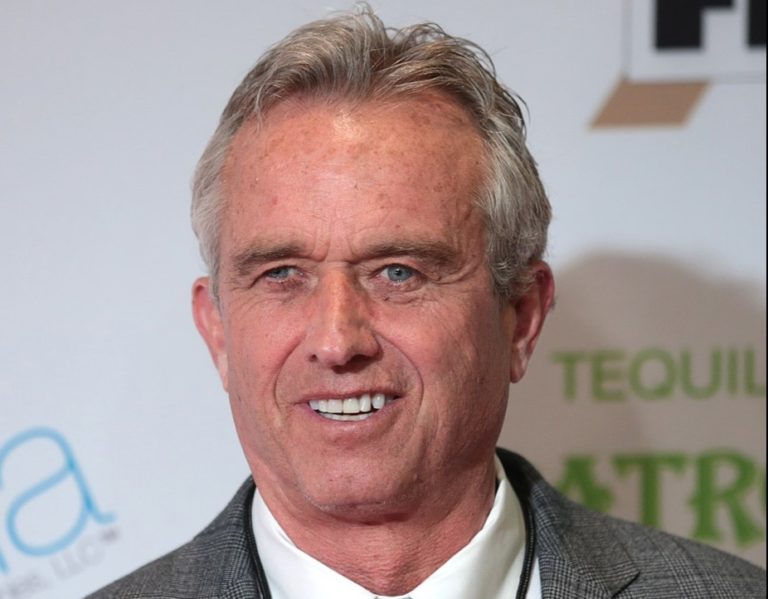Making the argument that it’s impossible to find people to work for the State of Alaska, House Democrats (and their allies) passed a bill on Monday that gives special privileges to State workers and public school teachers — privileges that other Alaskans will not get.
House Bill 28 would offer up to $24,000 in student loan forgiveness to former Alaskan students who return to the state to work in government jobs. It passed the Alaska House in spite of arguments made about fairness to other Alaskans — police officers, health care workers, veterans, or people in the trades.
HB 28, sponsored by Rep. Andi Story of Juneau, establishes a three-year pilot program to reimburse student loan payments for individuals who work as teachers or state employees. The program would grant up to $8,000 per year in student loan repayment for qualifying Alaskans who left the state for education or were out of state for at least a year after earning their degree.
The pilot program would be funded through the Higher Education Investment Fund — a state resource originally intended to support broad access to higher education, not a specific segment of workers.
Higher Education Investment Fund already supports the Alaska Performance Scholarship, a merit- and need-based aid program for Alaska students pursuing postsecondary education in-state. Redirecting money from the HEIF to support a narrowly tailored forgiveness program has raised concerns about eroding existing, more inclusive programs like the APS, and sucking dry the fund.
Rep. Story argued that one of the areas that the State needs help in filling jobs is for workers who help with social service entitlement benefits for Alaskans.
“That is really, really important,” she argued, adding that it will help Alaska get more out of school performance because it will create better teachers, as they won’t leave the state so soon.
Over the weekend the legislature’s budget Conference Committee set the Higher Education Investment Fund as a backstop for the budget, should other procedural votes fail.
While the bill’s intent is to combat Alaska’s persistent out-migration, especially among young, educated residents, opponents on the conservative side of the house, such as Rep. Dan Saddler and Rep. Kevin McCabe, argued it unfairly prioritizes government employment over private-sector jobs and ignores those who do not attend college at all.
Alaska’s private sector is also experiencing significant out-migration and labor shortages, but no equivalent loan forgiveness or incentive program exists for that portion of the workforce. Opponents of HB 28 see the Legislature is favoring the growth and retention of government employment over building a balanced economy.
Rep. Story represents Juneau and northern Southeast Alaska, a region with one of the highest concentrations of State employees in Alaska, which means she is bringing home the bacon for her constituents.
The pilot program does little for the broader population of residents struggling with economic and educational barriers, particularly those who enter the workforce straight out of high school or attend vocational training without amassing significant debt.
HB 28 passed on a vote of 23-17.
